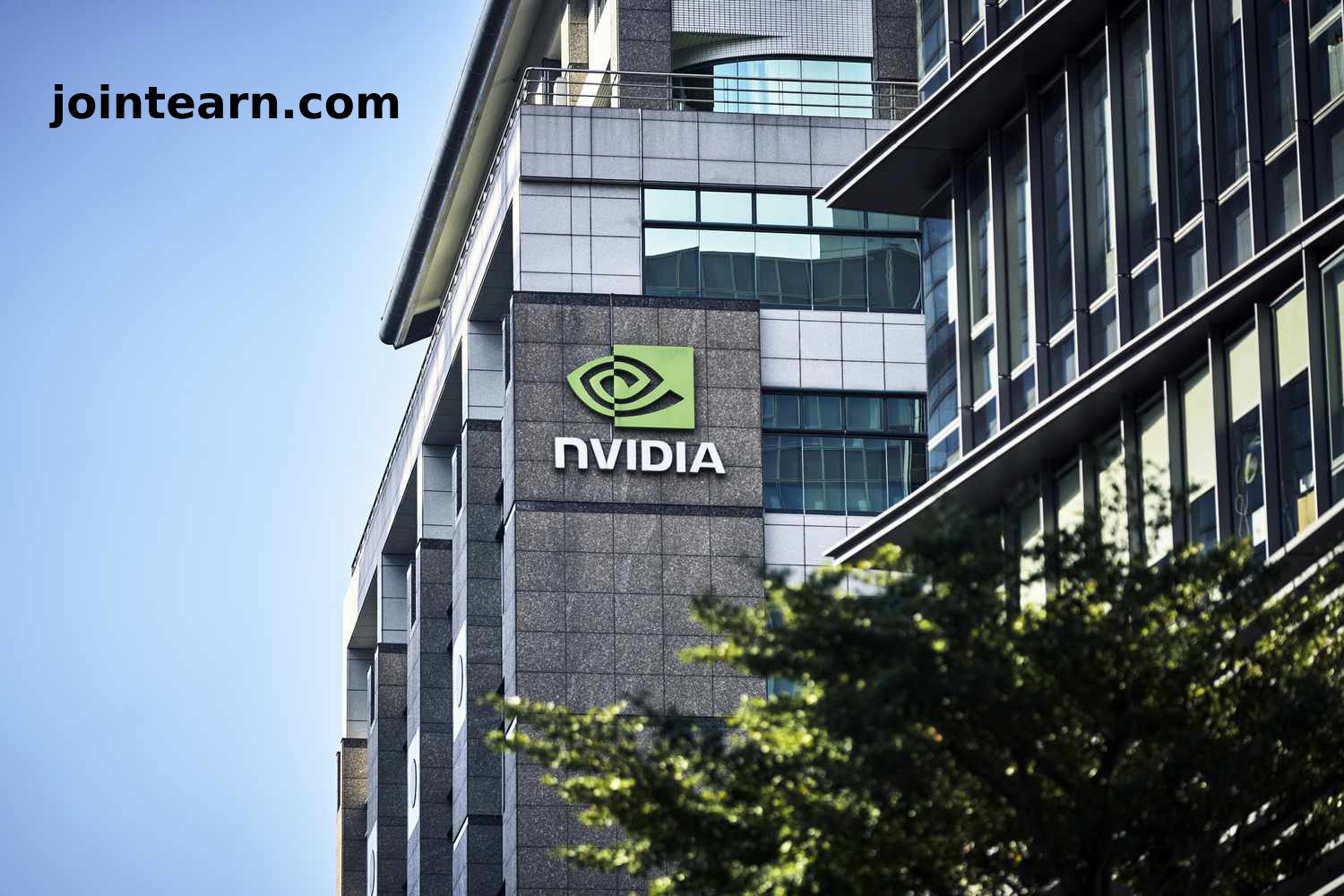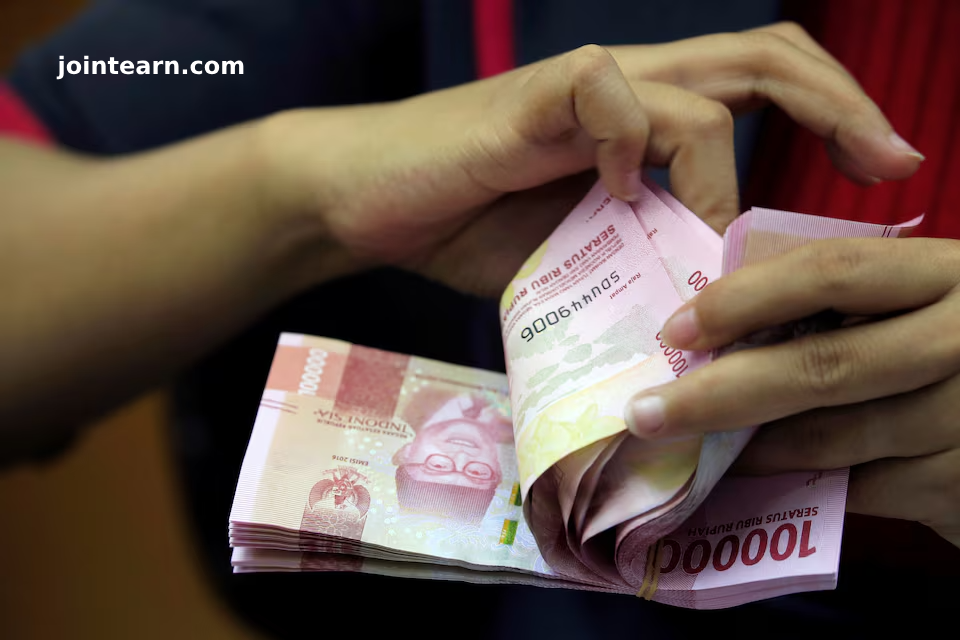Nvidia (NVDA) shares dropped as much as 4% on Wednesday following two major developments: a disappointing earnings forecast from Super Micro Computer (SMCI), a key Nvidia customer, and growing uncertainty over U.S. AI chip export rules under the Trump administration.
Super Micro’s Warning Hits AI Sentiment
Super Micro, which sells AI servers built with Nvidia’s chips, slashed its Q3 revenue and profit outlook. The warning triggered a 12% drop in SMCI shares and rattled investors’ confidence in the near-term growth of AI infrastructure spending. Nvidia stock initially fell in sympathy but managed to close roughly flat.
Broader AI Stock Pullback
The SMCI news comes amid broader weakness in tech stocks, driven by concerns over slowing U.S. economic growth and a softening labor market. Nvidia, down nearly 19% in 2025, was also hit with a rare Sell rating by Seaport analysts, who argued that the AI trade is largely priced in for now.
Trump Eyes Tighter AI Chip Rules
The Trump administration is reportedly considering changes to President Biden’s January “AI diffusion rule,” which limits the export of advanced U.S. AI chips to certain countries. The Biden rule categorizes countries into tiers — only 18 “tier one” allies have unfettered access. Others, including Israel and India, face caps unless they obtain special licenses.
Reuters reported the Trump team may replace this system with a stricter, government-to-government licensing model that could add friction to global chip sales. Analysts say the shift could put U.S. firms at a disadvantage while providing opportunities for rivals like China’s Huawei.
Analyst Commentary
-
Citi’s Atif Malik warned the proposed changes could bring AI chips into trade negotiations, adding further complexity.
-
Bernstein’s Stacy Rasgon described the potential rule change as “onerous and capricious,” cautioning it could incentivize customers to seek non-U.S. suppliers.
Rasgon also cited the H20 chip ban earlier this month as a major blow to Nvidia in China. In response, Huawei has launched a competing AI chip that’s said to rival Nvidia’s older H100.
Tariffs Looming
Trump’s administration is also preparing semiconductor tariffs, with analysts at TD Cowen warning of potential levies as high as 25% by July. For now, computing products like GPUs remain exempt, and many Nvidia products are shipped from Mexico, avoiding U.S. tariffs under USMCA.
CEO Jensen Huang’s Diplomatic Push
Amid rising geopolitical tensions, Nvidia CEO Jensen Huang has been actively engaging with global leaders. He met with trade officials in China and Japan earlier this month and was in Washington, D.C. on Wednesday for a tech conference.
Conclusion
While underlying demand for AI remains strong, Nvidia is facing a perfect storm of supply chain concerns, regulatory uncertainty, and investor skepticism. The outcome of the Trump administration’s AI chip policy overhaul could play a pivotal role in shaping Nvidia’s international growth trajectory.












